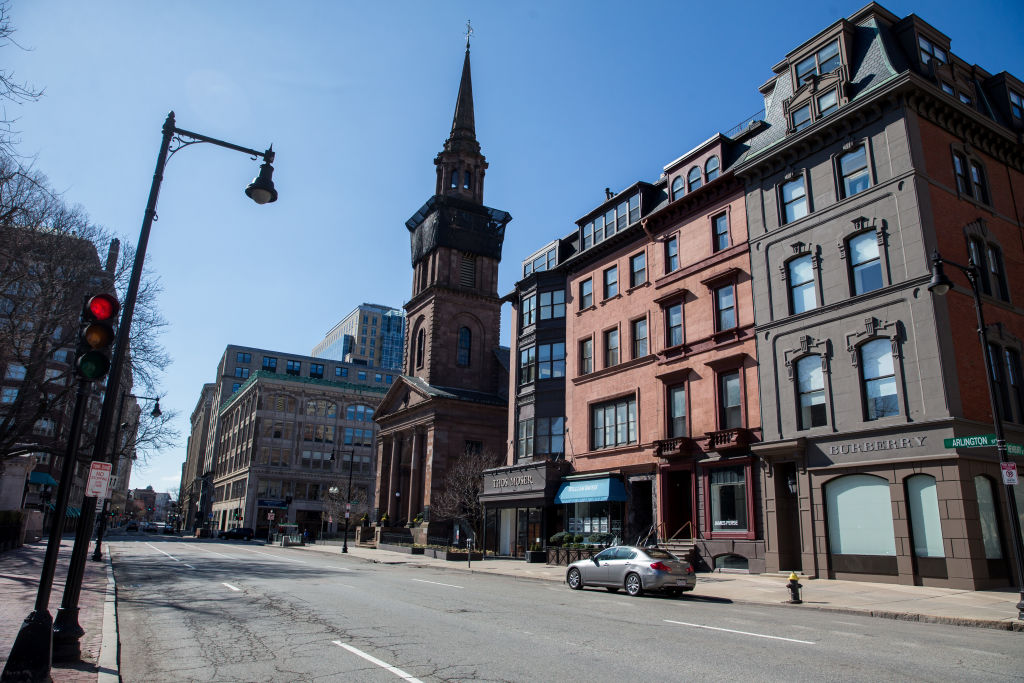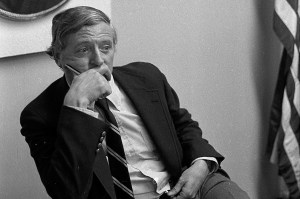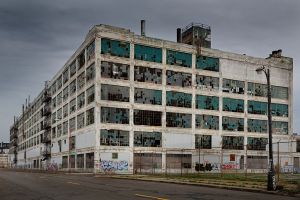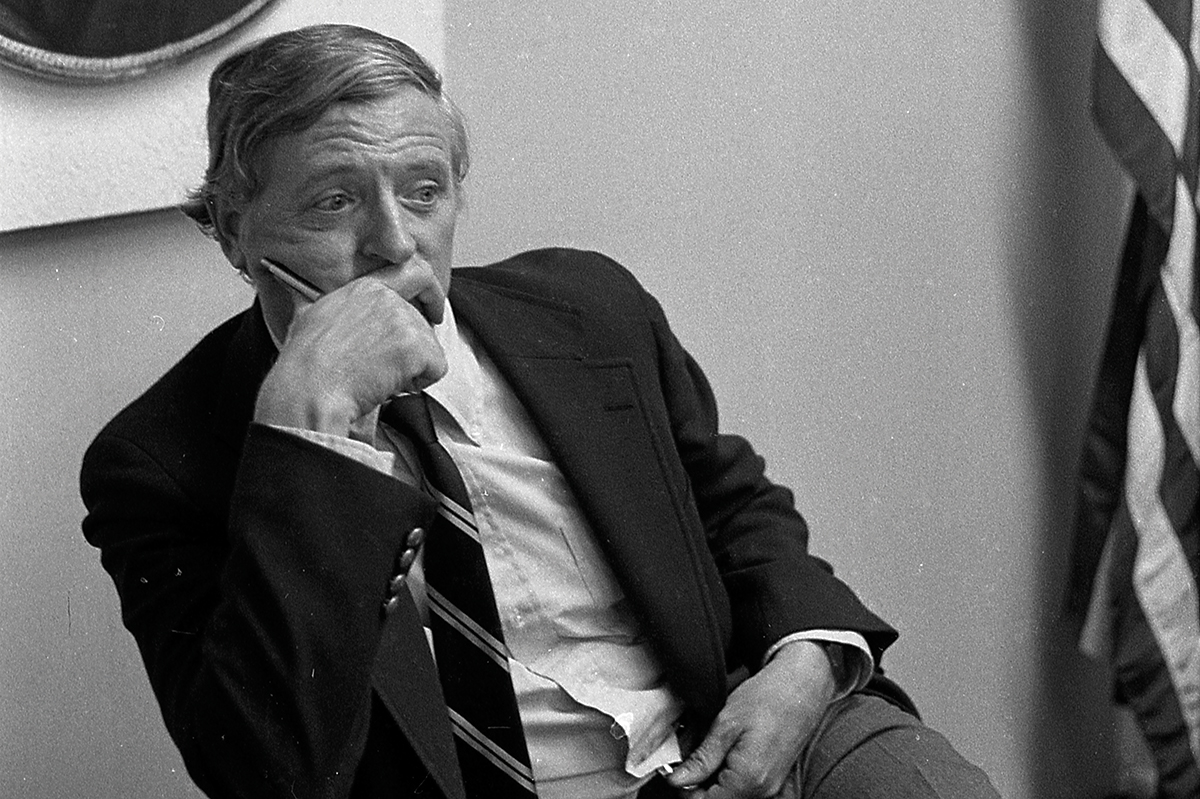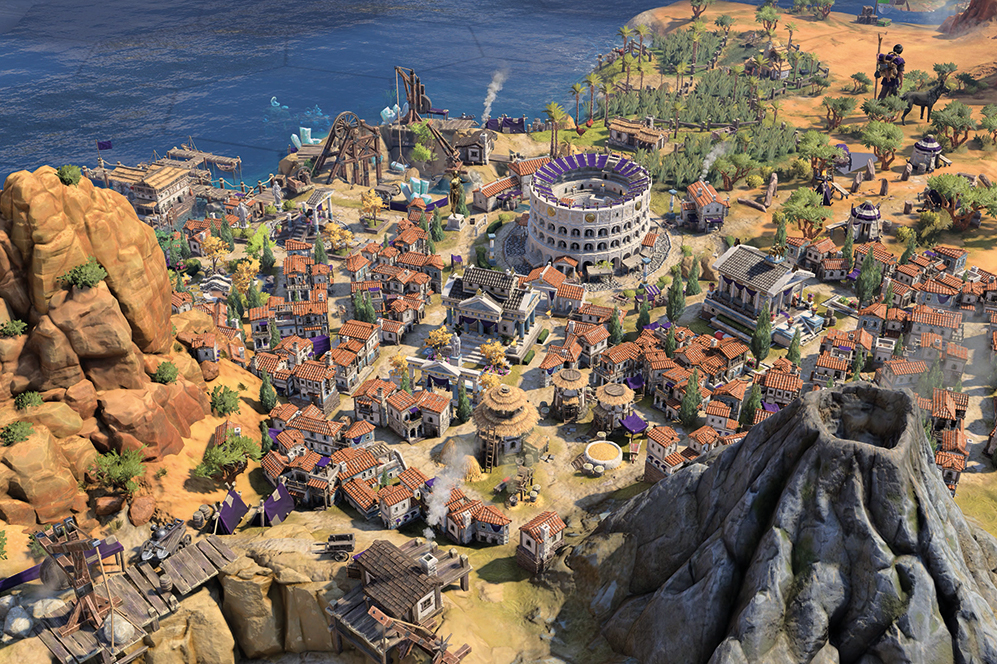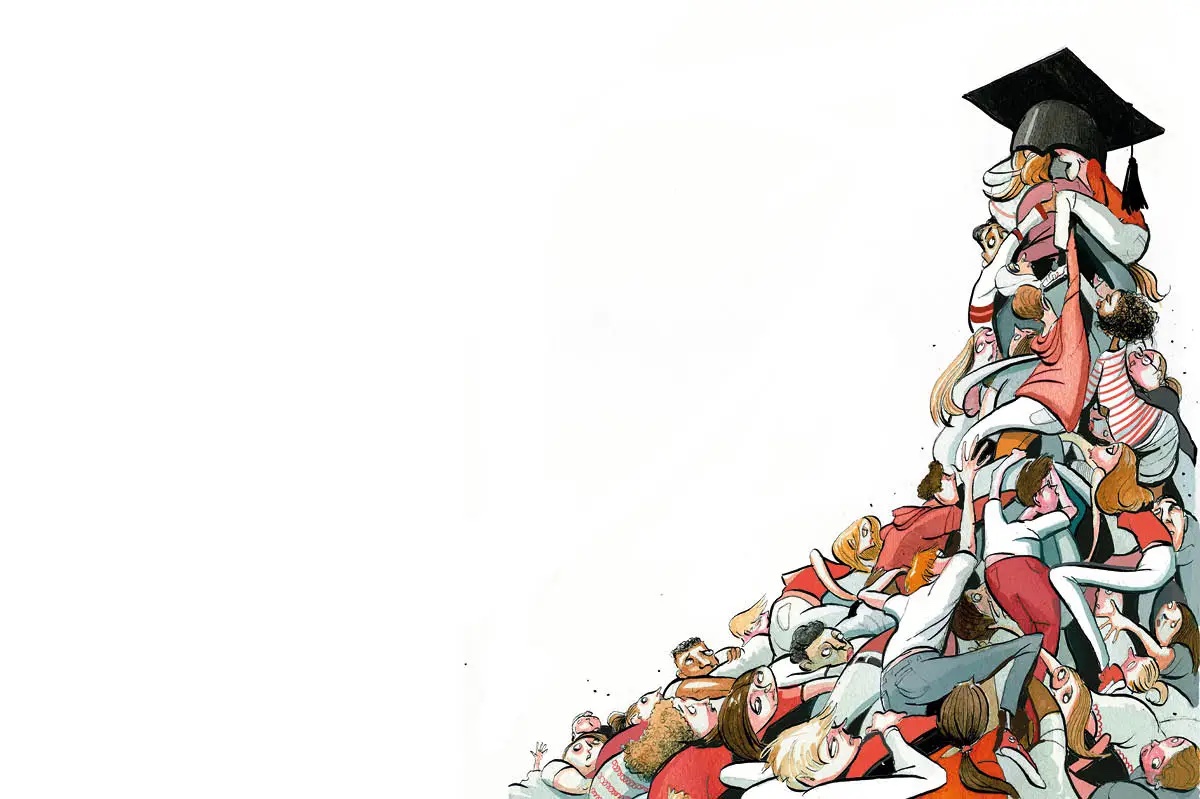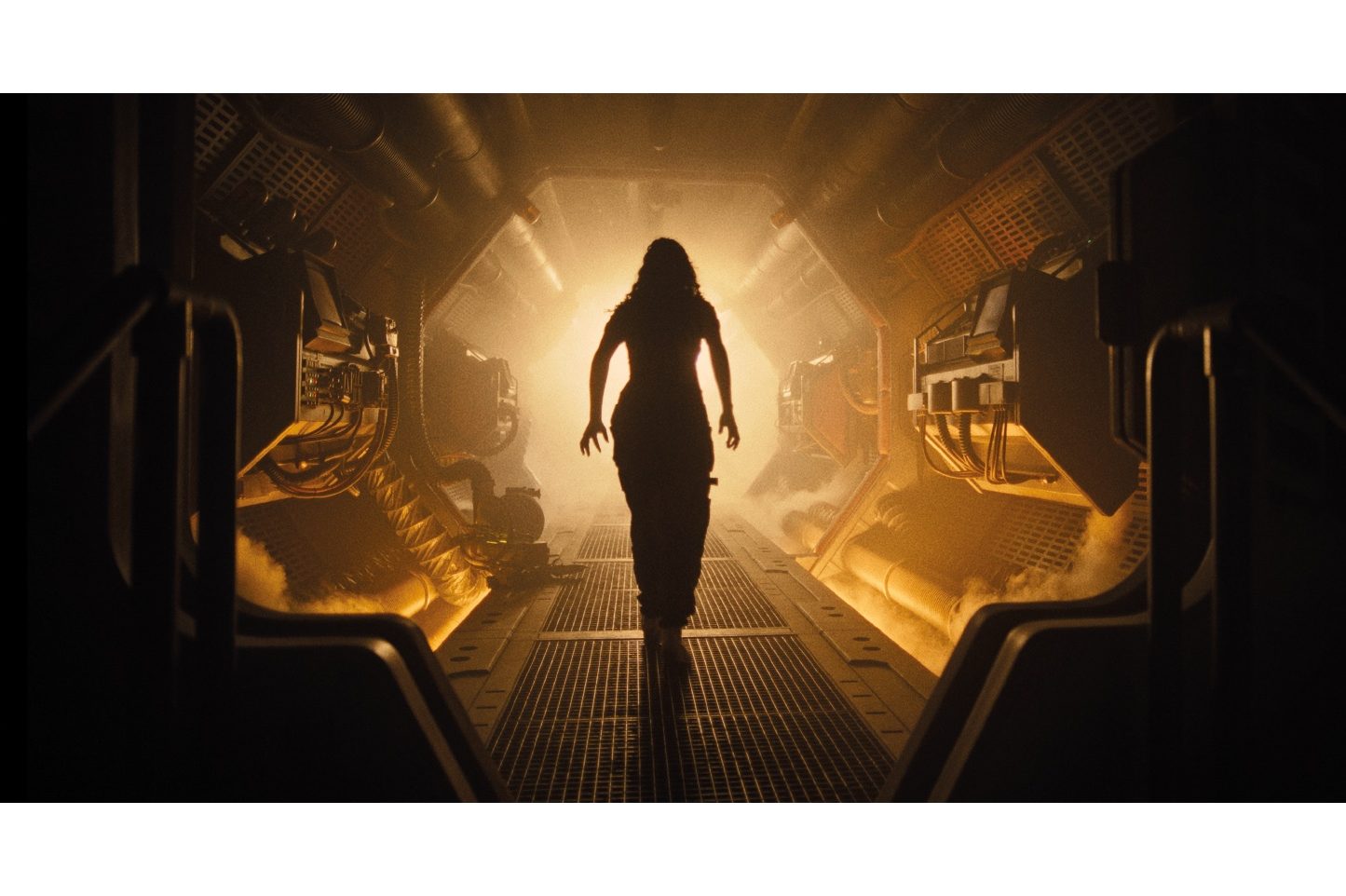I consider myself an urbanist — despite the fact I lean to the right. Or perhaps, in my case, because of it. But what exactly is “urbanism”? It’s a new term that carries a lot of different meanings. It might indicate acclaim for the big, blue, coastal cities, the sort that conservatives dislike. It might denote a wonky focus on things like zoning, setbacks, street widths and other aspects of urban design or engineering. It might also bring to mind moralizing, busybody progressivism.
My take on it is more informal and less partisan: an awareness of the built environment as an independent variable in human behavior, and a desire that our built environments be conducive to commerce and community at a human scale. I think that’s conservative.
So, perhaps, did the midcentury conservative luminary Russell Kirk. Among a certain set of philosophical, communitarian, G.K. Chesterton-lookalike conservatives, Russell Kirk’s denunciation of the automobile as a “mechanical Jacobin” is universally known. I suspect, however, there are a thousand ordinary conservatives who have never heard that line before, and perhaps who have never heard of Russell Kirk himself. After all, Kirk’s less partisan, more circumspect and more temperamental conservatism was buried by the more uncritically pro-capitalist “fusionism” of William F. Buckley back in the 1960s.
One result of this is that many people, liberals and conservatives alike, have never heard of a right-wing argument against the car, or imagine that one exists.
It is easy to chalk up Russell Kirk’s view of the automobile to his being something of a curmudgeon — after all, he eschewed televisions and computers. It was also something of an edgy thing to say in the postwar years; critiquing the car or suburbia could (and still can) get you labeled a communist.
But there’s more to it than that. Russell Kirk might not have been an urbanist, exactly — few people in midcentury America were. But in addition to quaintly decrying the car’s effects on morality, Kirk also denounced, in the same essay, its effects on the physical form of the pre-automobile city and town. “Other lands,” he wrote, “lack the space and adaptability of America, so that the popular automobile may destroy the beautiful cities of Europe and the pattern of centuries of civilization.”
Kirk said tantalizingly little on the subject. But one can imagine that if he were with us today, he would look askance at the concentration of wealth and opportunity in a handful of coastal metros — as many urbanists do, namely, those from the Rust Belt — and at the diminishment of many astonishingly urban American settlements, from small towns to large cities, which have fully accommodated the automobile at great cost to their original, historic forms.
There is, in fact, much in urbanist discourse that should appeal to conservatives — many threads that jibe with a conservative view of human nature and society. Indeed, one can recapitulate the hubris of the automobile era in a vertical form, with the massive apartment tower, or the blocks-long, mixed-use development. In some places these are appropriate, but in others they make the mistake of viewing a complex place that already exists as a blank slate for planners and developers.
Conservatives should embrace an urbanism which looks at ordinary places, at very average cities and towns all over America, and sees not a blank canvas, but so much potential, so much human energy and entrepreneurship and creativity held back by rigid and outmoded land-use regulations, and stifled by the narrow geographic concentration of wealth.
This is the urbanism of the small backyard house, an extra means of income for a middle-income family or a starter home for a young one; it is the urbanism of the corner store, the walk-up apartment above it, the narrow street along which one can slowly drive or safely walk; the sort of built environments scaled to the person, and out of which ordinary people can fashion a local social and economic ecosystem.
This urbanism might look askance at the anonymity and consumerism of the big city. But it is also willing to question the primacy of the automobile and to question whether the ability to afford two cars in good working order should really be the price of admission to American society. It seeks a fundamental devolution of scale and complexity, an unleashing of ordinary talent. It seeks to make room for people to build their own places, rather than watch as bystanders while the complexity of regulation and the bigness of developers grow in tandem.
That these urbanist ideas largely exist on the left in contemporary America might raise conservative eyebrows. But it is less a reflection on the ideas themselves than it is an unfortunate accident of our political history.
The left is entitled to their take on urbanism, as is anybody, but conservatives should adapt it for themselves. Not only because in many ways it is conservative, but because it’s the spirit that built America.
Addison Del Mastro writes on urbanism and cultural history. Find him on Substack (The Deleted Scenes).



